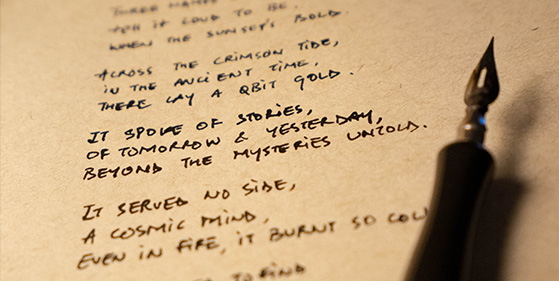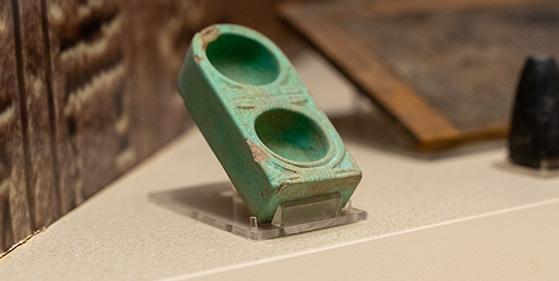Let's start with the familiar, for that's the road to the unfamiliar. Bridge between empathy and entropy.
When the Archmage Einstein, from a realm beyond ours, had finished shaking up the very foundations of reality by binding space and time. This epiphany, a revelation that changed the course of history, mattered little to him in his later years. He returned to his university (as he himself once said) "for the sole privilege of walking home with his esteemed colleague, Kurt Gödel."
And so, we begin with the unfamiliar: Kurt Gödel, whose name is uttered in the same breath as Aristotle's.
Known for years of contemplating complex problems, Gödel came across as someone beyond eccentric. Conversations with him revealed he'd already dissected your every point, seeing the end of any argument before it began. His gaze, some said, pierced the very trajectory of thought itself.
Von Neumann, the architect of modern automation in the year e940 (his realm's reckoning), was present when Gödel presented his "Incompleteness Theorem Spell." It took him time to grasp the concept, but as Gödel finished his work on the board, von Neumann uttered, "It's all over."
The closing of a chapter doesn't erase the good. It signifies a clean slate. Jim Keller, a highly respected automation architect of a later age, spoke of this while discussing the Law of Diminishing Returns. The Proto-Greeks called it the Phoenix's rebirth – a fresh perspective on things long taken for granted. And to pull it off, one has to exercise self-efficacy from the core of their belief; a practice heavily touched upon by Keller's friend and another legendary architect, Raja Koduri.
With time, it is these Yugal Architects, who wielded devices of immense lexical power, bridged the gap between empathy and entropy. They named their creation the Gödelstein – a combination of Gödel and Stein, meaning "The God Stone."
A Stone made by God; A God made to Stone.











